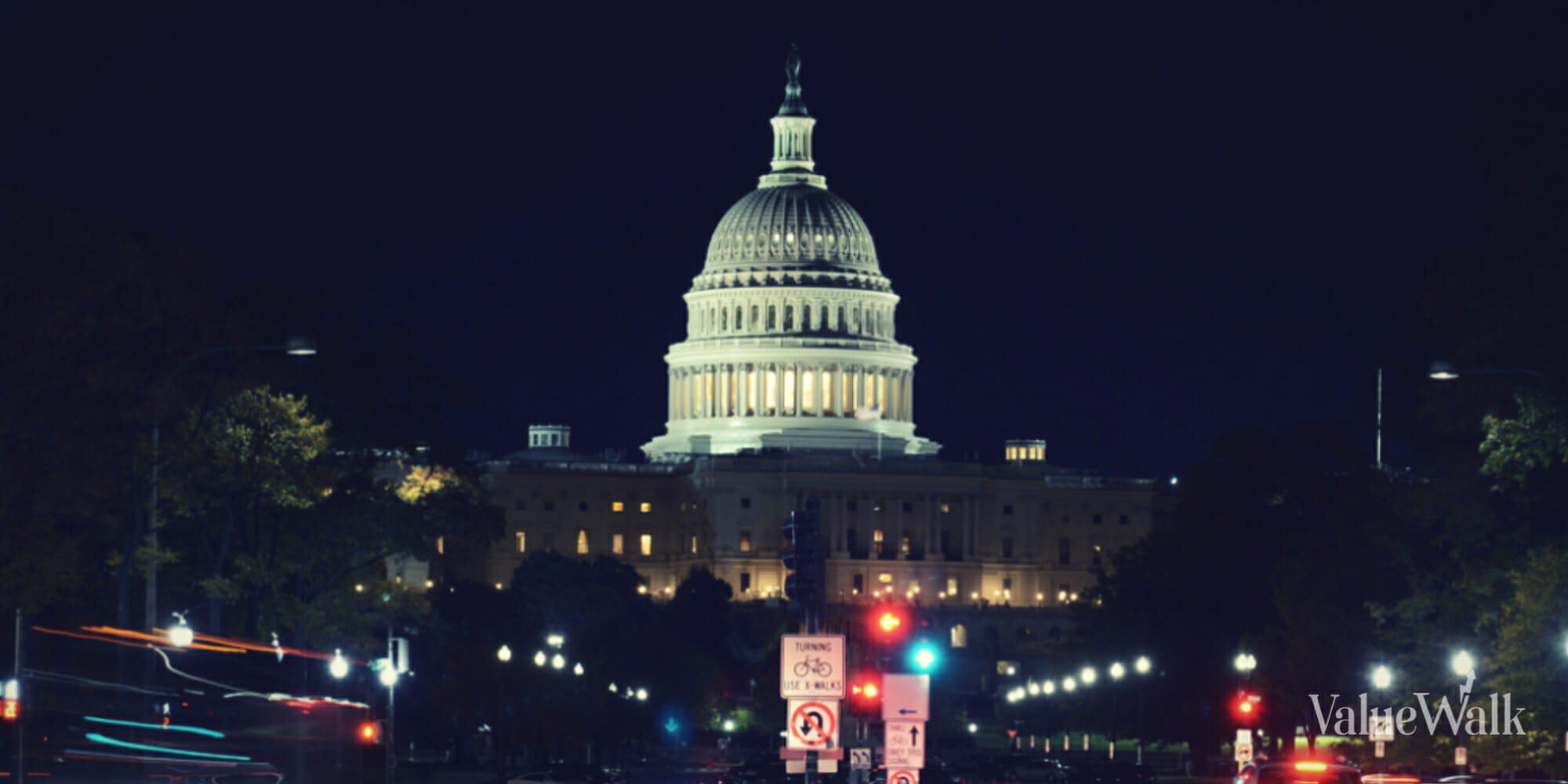Hunter Plea Deal Scuttled – Law Prof Played Major Role; First Suggested Legal Challenges to Deal, Then Orchestrated Filings
Hunter Biden’s Plea Deal Falls Apart
WASHINGTON, D.C. (July 26, 2023) – Much to the surprise of many experts, the plea deal for Hunter Biden has fallen apart, with the judge refusing to accept it.
In addition, she raised questions related to incriminating evidence filed by the Heritage Foundation, Congressman Jason Smith, Chairman, House Ways and Means Committee, and by an activist law professor who first proposed challenging the so-called “sweetheart” in June, and who helped orchestrate the filings of formal legal oppositions which were a major factor in today’s important surprise decision.
Public interest law professor John Banzhaf, whose previous filings helped to obtain special prosecutors for Richard Nixon, and triggered the current investigation in Georgia of Donald Trump, first suggested in June the legal strategy of formally challenging the deal by putting government documents – of which a judge can and arguably should take judicial notice – on the record.
His requests that Republican members of Congress – who claimed to have “a ton” of evidence that Hunter committed numerous felonies for which he serve time, and that the investigation and plea deal had been infected for political reasons – should file their evidence with the court were not heeded. He then asked the Heritage Foundation to take this important step.
Finally, on Monday, Professor Banzhaf himself provided the judge with the key documents implicating Hunter and U.S. Attorney Weiss.
Shortly thereafter, the Heritage Foundation filed its own lengthy brief amicus curiae and hundreds of pages of exhibits. Then, finally, Smith made his own filing.
Only the judge can say for sure to what extent these three filings were factors in persuading her to ask the many questions she did, and to reject the plea deal at this time.
The important thing, says Banzhaf, is that the judge was fully aware of them; the evidence in now on the court docket; she can (and perhaps did) take judicial notice of it; and the overwhelming evidence is part of the court record should the matter be considered again by this court and/or on subsequent appeal.
As Professor Banzhaf said earlier in predicting today’s result :”While justice should be blind, a judge cannot be blind to compelling evidence against approving the plea deal at this time.”
The background is provided by the following news reports: Banzhaf: Hunter plea deal may be challenged at July 26th hearing 6/27
The Post reports that “some legal critics of the plea deal say that opponents can make an attempt to derail the arrangement by asking [US District Judge Maryellen] Noreika to scrap the plan,” and that “House Republicans are considering the option.” They note that the judge was appointed by former President Donald Trump. One expert the newspaper cites is public interest law professor John Banzhaf.
The plea deal will naturally be upheld or thrown out at the discretion of Judge Noreika as explained to the outlet by George Washington University law professor John Banzhaf.
- Hearing on Hunter Biden Plea Deal to Test GOP and Trump; Will They Back Up Their Claims of Wrongdoing With Court Submissions? 7/19
- Heritage Foundation Urged to Stop Hunter “Sweetheart” Plea Deal; GOP Claims Major Crimes and Political Interference, But Refuses to Act 7/24
- Two Amicus Filings Oppose Hunter Biden Plea Deal; They Ask Judge to Reject It, Or At least Delay to Weigh Evidence 7/25
- Foundation, House Comm Chairman, and Activist Professor File Oppositions to Hunter Plea Deal




